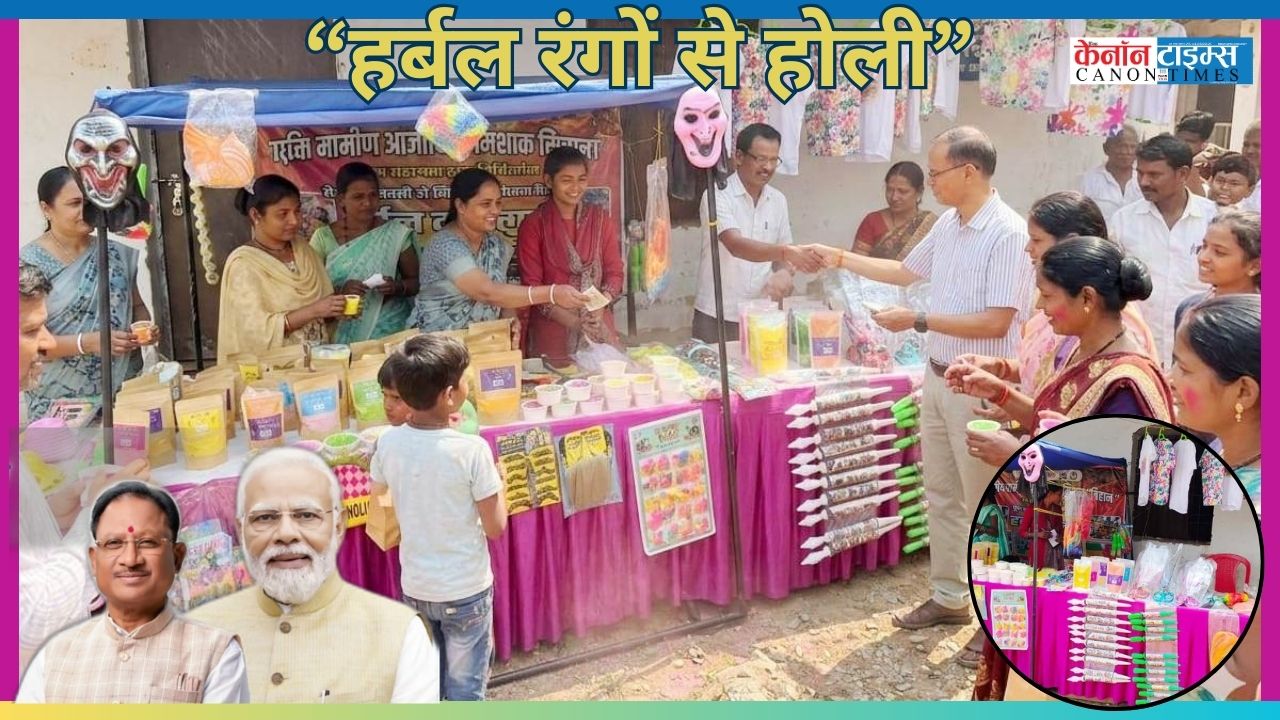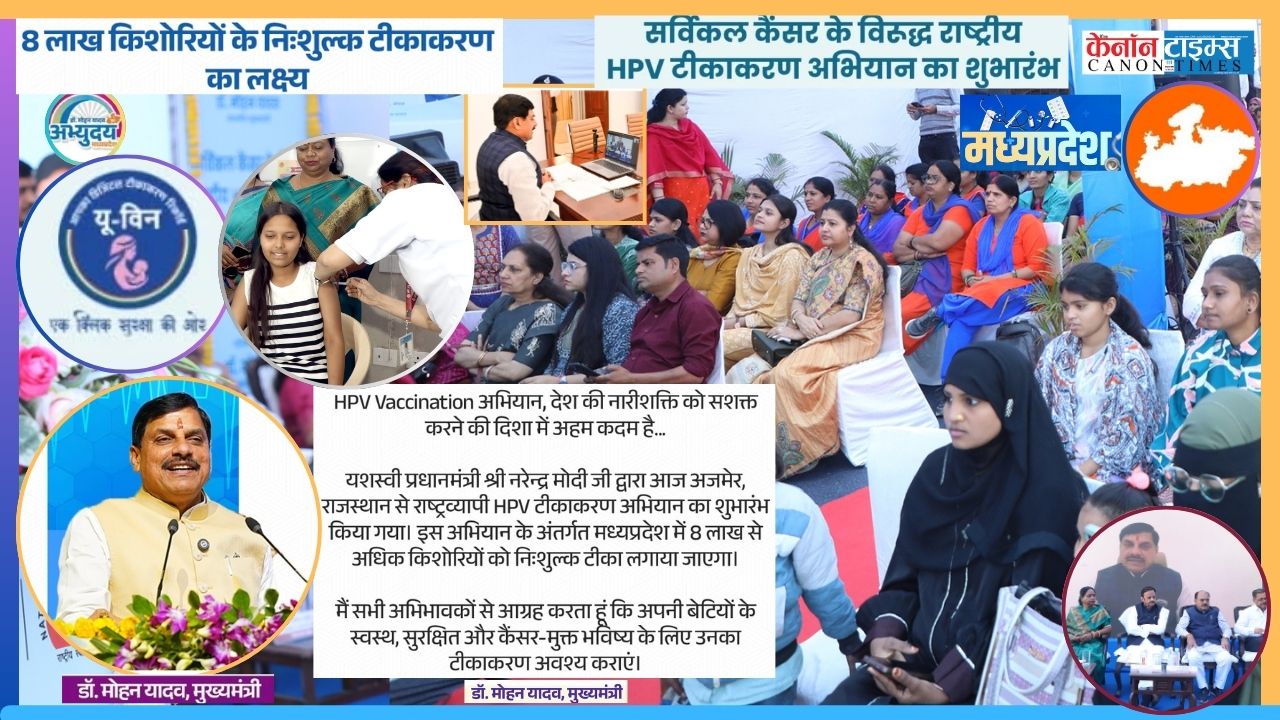Many states, particularly those headed by non-BJP parties, believe the Centre is reducing their authority and that India is more unitary than federal.
The Supreme Court’s nine-member Constitution Bench ruled in favor of the states, causing a blow for the central government. Only Justice B.V. Nagarathna dissented from Chief Justice DY Chandrachud’s verdict. Entry 8 of the State List in the Seventh Schedule of the Constitution allows states to regulate the production, sale, and consumption of “intoxicating liquor.”
Invoking Entry 52 of the Union List, the Central government took over the states’ authority to regulate industrial alcohol, claiming that the ability to oversee industries included the right to regulate industrial alcohol, as opposed to “intoxicating liquor.”
The case arose when numerous states questioned the Central intervention as an infringement on their powers. The court agreed with the states and determined that industrial alcohol is also considered intoxicating.
The issue could have been settled by agreement between states and the Centre, as it was a matter of interpretation. Nine Supreme Court judges wasted their valuable time on a subject that could have been resolved by arbitration or negotiation. The problem stems from a lack of confidence between the central and state governments. Many states, particularly those governed by non-BJP parties, believe the Centre aims to reduce their authority, mistaking India for a unitary rather than a federal system.
Governors in certain states believe their primary responsibility is to criticize state administrations, and the Centre supports their activities rather than constraining them. These inclinations undermine the constitutional framework, which clearly defines Central, State, and concurrent lists. They must be followed in order for the nation’s benefit. The case does not reflect well on either the central government or the states.
Dr. Abhishek Verma
Author: This news is edited by: Abhishek Verma, (Editor, CANON TIMES)
Authentic news.






